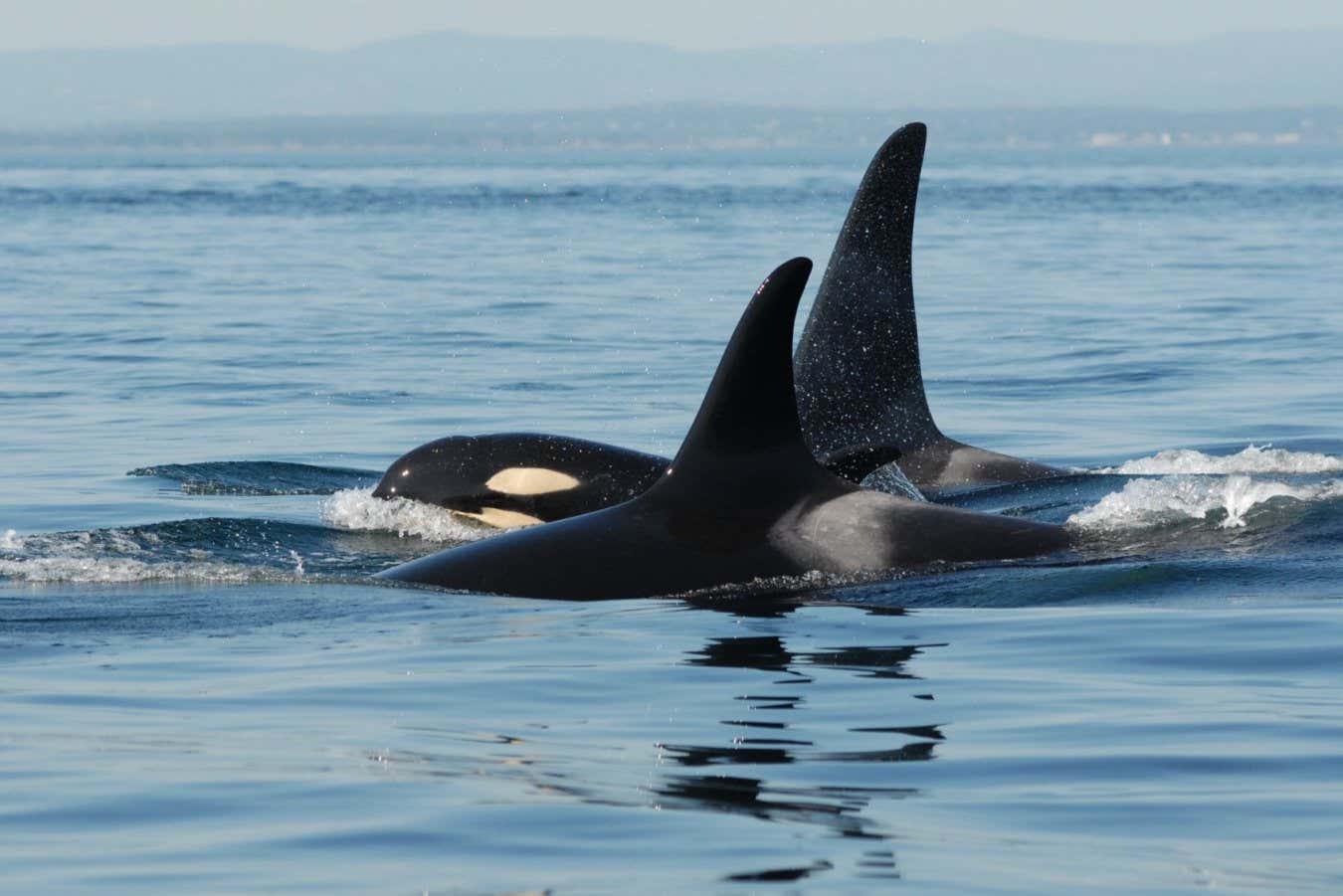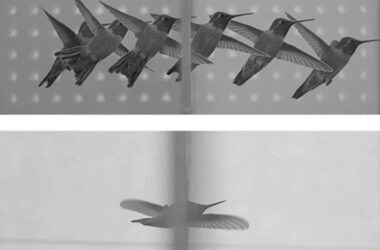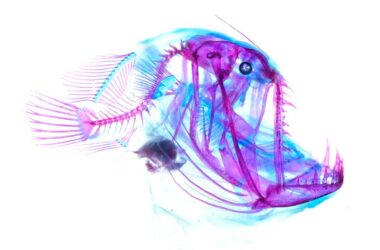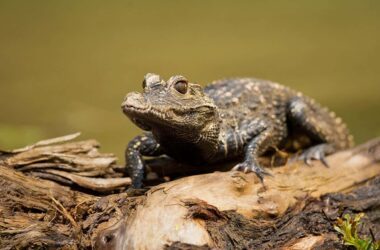A study based on decades of monitoring data has found that female orcas that have gone through menopause continue to support their sons by protecting them from conflicts with other orcas.
Orcas, also known as killer whales, are one of the few species that experience menopause. The reasons behind why females stop reproducing in later life are still not well understood. Previous research has shown that orca mothers provide food for their adult sons, despite the fact that it limits their ability to have more offspring.
Researchers at the University of Exeter in the UK decided to investigate whether older mothers also protect their offspring from injuries. They analyzed photographs of 130 southern resident killer whales in the north Pacific Ocean that have been monitored for almost 50 years. The findings revealed that male orcas with a surviving postmenopausal mother had significantly fewer tooth marks on their skin, indicating less conflict with other orcas. The presence of a male orca’s postmenopausal mother appears to play a crucial role in resolving these clashes.
It is speculated that older female orcas may possess greater social knowledge, which they utilize to help their sons navigate risky interactions. Another theory is that mothers directly involve themselves in conflicts by signaling to their sons or moving away from the group. The researchers also discovered that orca sons had fewer tooth marks than daughters, suggesting that mothers only offer protection to their male offspring.
Orcas live in matriarchal units, which consist of a mother, her offspring, and her daughter’s offspring. As a result, mothers need to invest more time and resources when a daughter reproduces compared to when a son does. Additionally, male offspring have more opportunities to mate with multiple females, allowing mothers to pass on their genes through their sons. This biological incentive likely contributes to why mothers tend to invest more in their sons rather than daughters.
The study’s findings highlight the vital role that postmenopausal orca mothers play in supporting their adult sons and resolving conflicts within the group. Interestingly, this behavior parallels the involvement of older women in human societies, where they continue providing care and mediating conflicts among their children.
This research provides insights into the evolution of menopause as a rare but important life-history trait in orcas. Further studies are expected to shed more light on this topic in the future.








